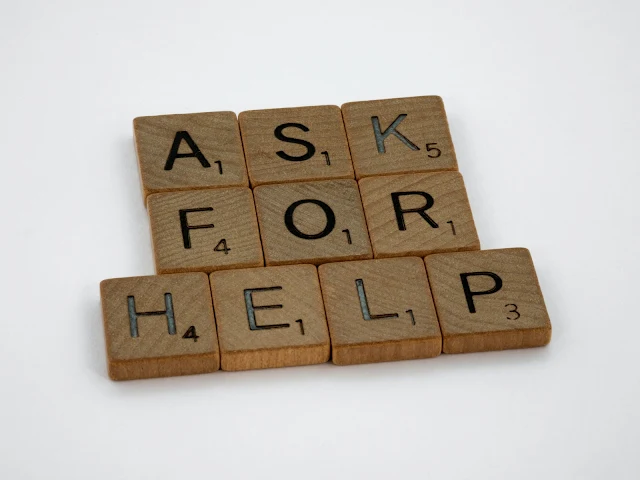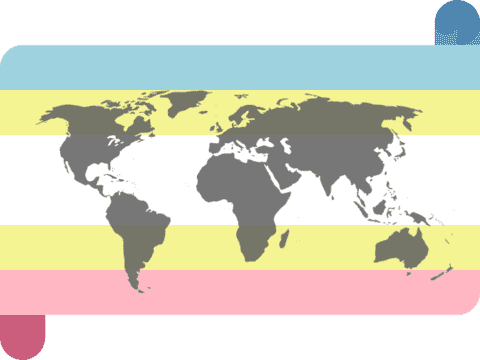
Even as the benefits of destigmatizing pedophilia become more widely understood, many people cling to outdated beliefs about pedophiles and other minor-attracted people (MAPs). Among the most common of these misinformed views is the idea that there is an inherent distinction between "pedophiles who get help" and "the MAP movement."
The primary underlying falsehood in this claim - that MAPs are inherently distinct from pedophiles - is easily disproven by pointing out that pedophiles are simply a category of MAPs. There is little evidence that the two groups have any significant ideological differences, as they are both defined by unchosen attractions to minors. However, the belief that members of either group are disinterested in receiving support is the result of deeply rooted misconceptions about the mental health needs of pedophiles and the goals of MAP activism.
Help for pedophiles
To grasp the relationship between MAP activism and pedophiles receiving support, it is vital to understand what support for MAPs involves. Contrary to popular belief, effective support is not aimed at reducing or eliminating attractions, as conversion therapy is widely considered harmful and ineffective.
Instead, experts recommend that therapy and other forms of support for MAPs focus on encouraging self-acceptance, which can help reduce common mental health issues in MAPs, such as anxiety and depression. According to research, the high rates of these and similar issues among MAPs are likely the result of stigma. In rare cases where a MAP is at risk of committing a sexual offense, therapy can also address concerns about acting on attractions.
The idea that most MAPs do not want support has long been disproven. A 2011 survey found that 58% of MAPs wanted professional support but could not receive it, usually due to stigma. Add the MAPs who were able to access professional support and those who instead pursued peer support or self-help, and it's clear that the vast majority of MAPs are interested in receiving support.
Impact of the MAP movement
In recent decades, the availability of support for MAPs has expanded, with various new resources emerging. The causes of this were twofold. The growing popularity of the internet and the decreasing amount of resources and knowledge required to operate a website enabled private online services to reach an ever-growing user base. In addition, the recognition of non-offending MAPs in research led to new guidance about what support should entail and strengthened efforts to provide that support on a professional level.
It's no coincidence that this increase in support has partly overlapped with the emergence of the modern MAP movement; MAP activist groups have long been at the center of efforts to help more MAPs access professional support. B4U-ACT (est. 2003), the mental health-focused non-profit that popularized the term MAP, played an essential role in supporting groundbreaking research to improve the effectiveness of support for MAPs. Alongside other MAP non-profits, such as the Association for Sexual Abuse Prevention (est. 2015), they provide numerous resources for therapists interested in providing treatment for minor-attracted people and work to connect MAPs in need of support with mental health professionals in their area.
This trend isn't limited to professional support. Many of the expert-backed support groups for MAPs, such as Virtuous Pedophiles (est. 2012) and MAP Support Club (est. 2016), are founded and run by MAPs, who have also played a critical role in the development of expert-led support options, such as the online Help Wanted course (launched 2020) for young MAPs. Help Wanted was created by the Johns Hopkins Moore Center for the Prevention of Child Sexual Abuse and contains excerpts from interviews with several MAPs.
There are ongoing problems regarding support for MAPs, but a lack of demand is not one of them. Though stigma and other barriers prevent many MAPs from receiving support, the desire for help persists. As child protection organizations have pointed out, claims that MAPs and pedophiles don't want help are often used as excuses to ignore the harmful impacts of stigma and promote hate, instead of addressing the societal pressures that prevent MAPs from getting help when they want it.





Subscribe